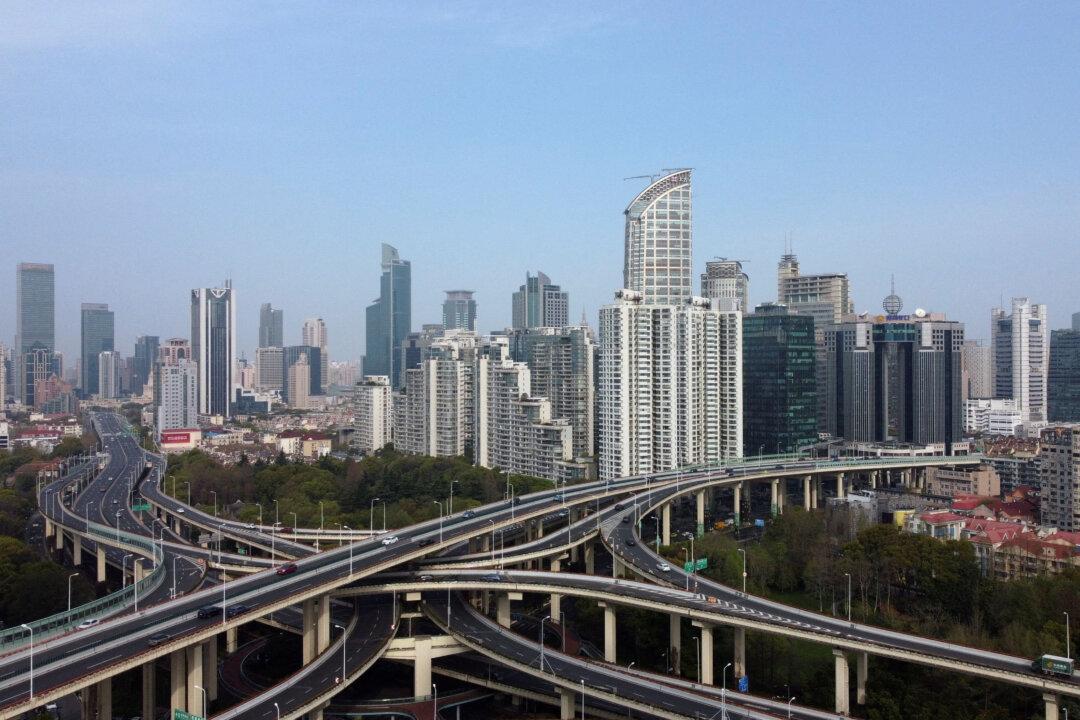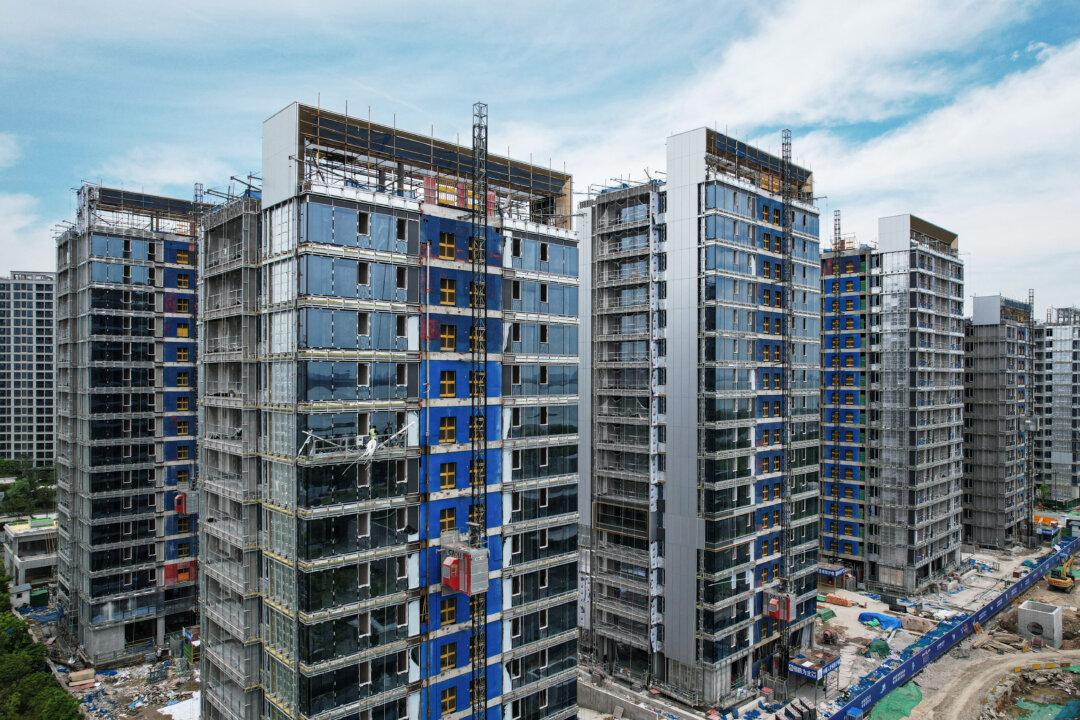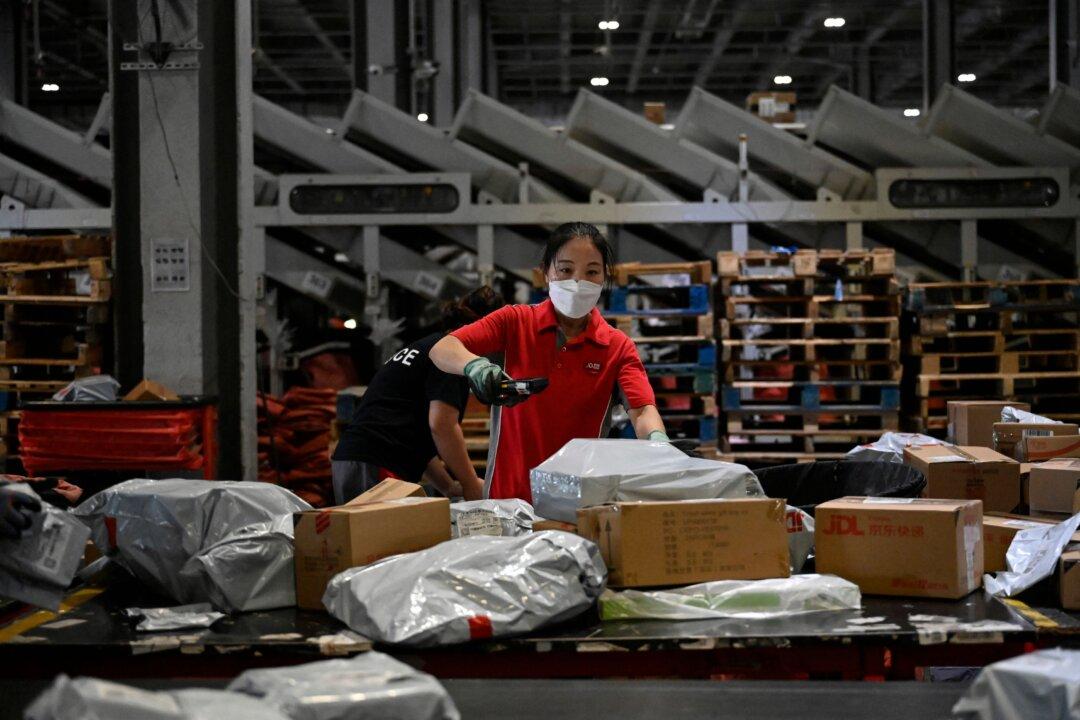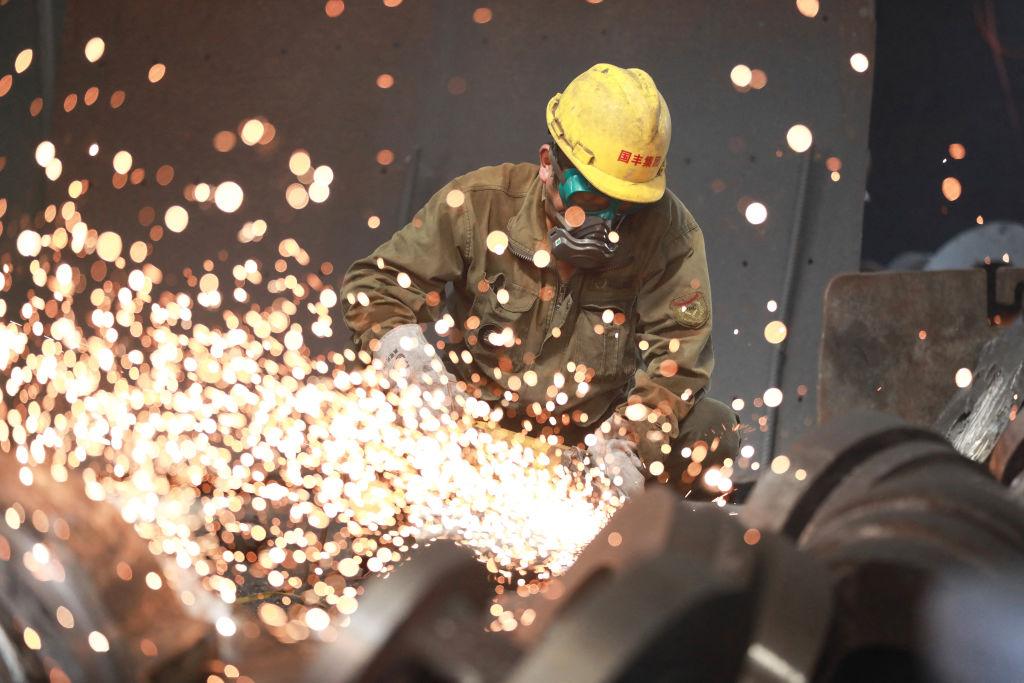China’s crackdown on industry borrowing following the Evergrande-triggered property crisis has taken yet another toll, as Asia’s wealthiest woman, Yang Huiyan’s, wealth tanked by more than half this year, according to the latest revelation of the Bloomberg Billionaires Index.
As China’s property crisis worsened consequent to the government’s tightening of property restrictions aimed at curbing excessive borrowing and speculation, Ms. Yang’s fortunes slumped by 84 percent since June 2021, according to the Index. On Tuesday alone, the drop was 8.2 percent. That’s a reduction of $28.6 billion, leaving the property heiress with a net worth of $5.5 billion.





